Feedmark’s Complete Feeding Guide for the Competition Horse
Feeding for performance doesn’t have to be as complex as it may seem. The competition horse has the same basic nutritional needs as every other horse, which includes access at all times to clean water and good quality forage. The competition horse is likely to have some additional nutritional needs due to their higher workload, meaning their body requires a higher rate of nutrients for a balanced diet.
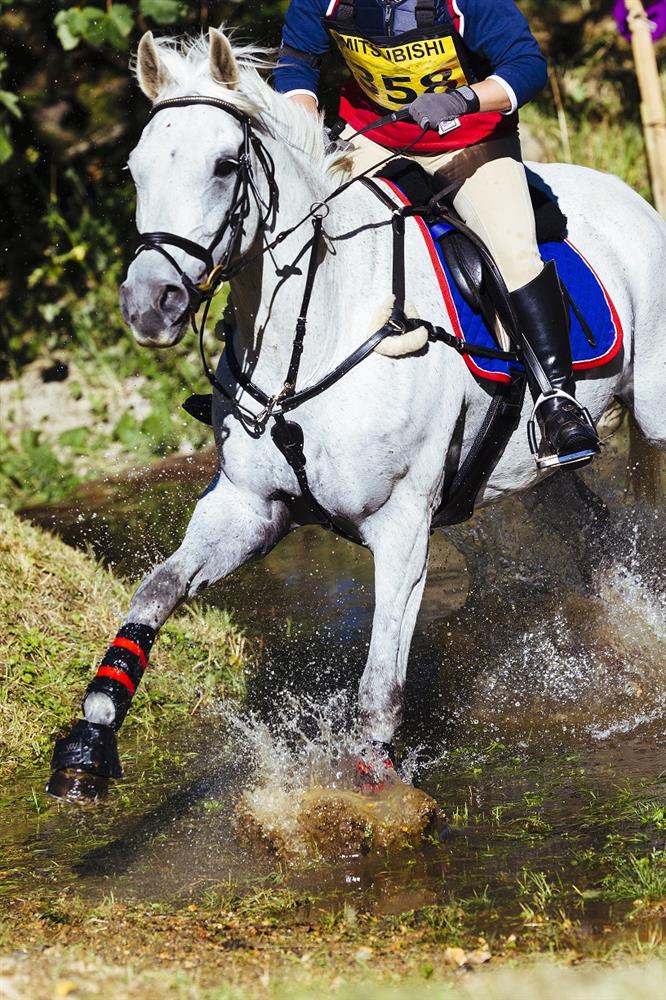
A balanced diet
It is essential that every horse’s diet is balanced with the correct rate of vitamins and minerals as forage typically lacks some important nutrients. A vitamin and mineral supplement will provide a broad spectrum of important nutrients in the correct ratios to meet your horse’s daily requirements. There are two feeding rates provided, dependent on your horse’s workload, as the horse in hard work will require more vitamins and minerals per day than the horse in light work or rest.
Condition
A horse in peak condition will have the best ability for optimum performance, but good condition is more than a topline and shiny coat.
It is important to monitor your horse’s body weight and adjust his calorie intake according to his workload and whether he needs to maintain weight, gain or lose a few pounds. Oil is a great source of safe, slow release energy and will help the horse improve condition by weight gain, providing some protein and giving the horse a glossy bloom to the coat.
The demand for quality protein is greater the harder a horse is working. Limited amounts of protein are generally provided in good quality forage however the competition horse may require additional supplementation. Choose a supplement with additional protein sources which provides whey powder and soya as good quality sources of protein, the important vitamins and minerals, as well plus the probiotic Yea-Sacc.
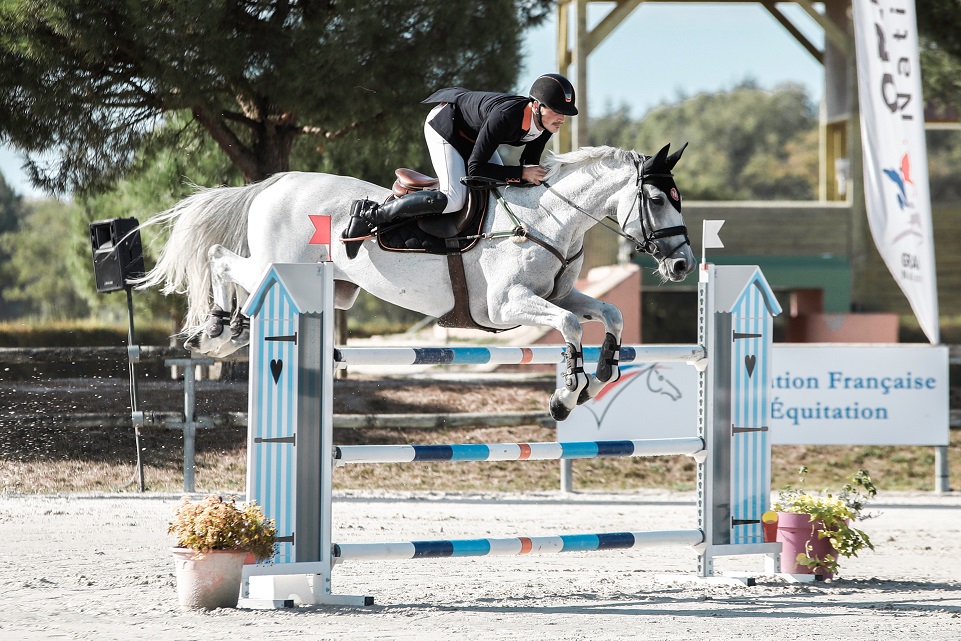
A glossy coat and healthy skin are a great indication of health and a skin supplement can support this from the inside out. The high oil content combined with helpful herbs ensures the health of your horse’s skin and coat will be well supported.
Additionally, supplementing the diet with probiotics can help to support the horse’s digestive efficiency, helping to better utilise nutrients.
Electrolytes
Electrolytes are essential for muscle contractions and nerve transmissions within the horse’s body. Research has shown that using a well formulated electrolyte supplement before and during a competition can delay the onset of fatigue by up to 23%. More information on electrolytes and why you may need to feed them can be found here.
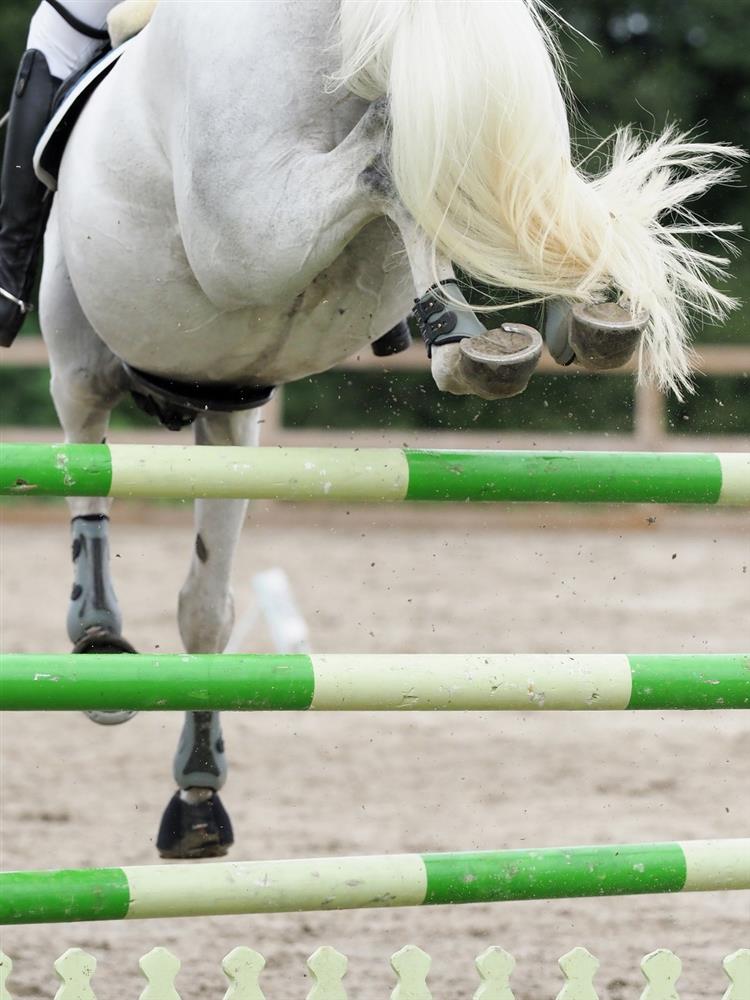
A ‘competition’ feed
Many competition horse owners will choose to feed their horses a ‘competition’ mix. Lots of feed companies offer a product of this type but do seek the advice of a Nutritionist who can advise if your horse really needs one, and if so, which one is most suitable. While competition feeds can be a good option for some horses, they are often quite high in starch and sugar and may be lacking certain vitamins and minerals. Dependent on the horse, it is often recommended to feed a high fibre feed, and supplement with the correct rate of vitamins and minerals, and any other additional requirements they may have.
Joint and muscle supplements
Whatever the discipline, if your horse is competing, it is likely their musculoskeletal system will benefit from nutritional support. The horse’s body is susceptible to excessive wear and tear to joints, and therefore providing oral supplementation of the proven active joint health ingredients can greatly support your horse’s mobility.
Travelling
The anxious traveller: These days, it is very likely that almost every horse and pony will venture out in a horsebox at least once in their lives, whether they are competition horses that are travelling on a weekly basis, or a pony that needs a rare trip to the vet. If your horse travels regularly they are likely to travel relatively well, however for some horses (whether they are inexperienced in travelling, have had a bad experience in the past or are just generally of a nervous disposition) travelling can prove to be an ordeal. A calmer can be very helpful in reducing anxious behaviour and aiding focus.
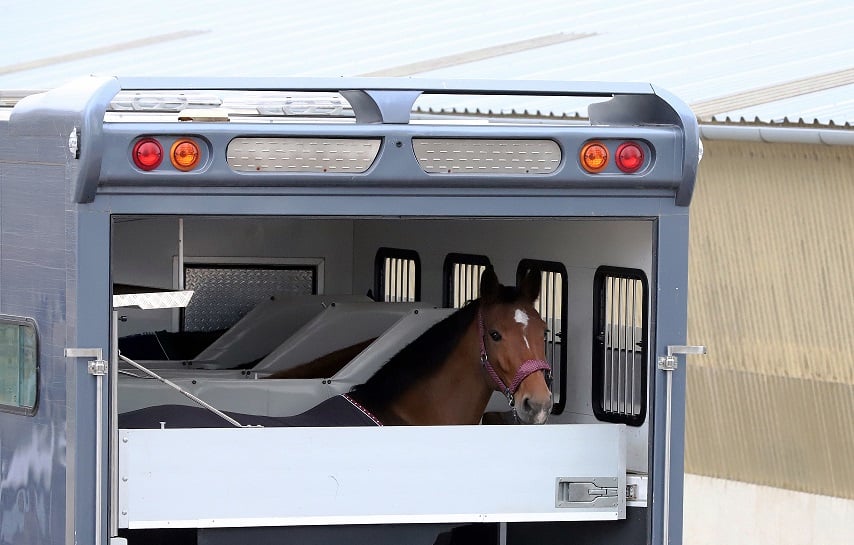
Hydration
Of course, horses require access to clean, fresh water at all times. However, at an event this isn’t always easy. It is common sense to take adequate water in a container, along with a water bucket to every outing so you can always offer water. However, some horses can refuse to drink when they’re out. If this is the case, try flavouring the water with apple juice or add apples to tempt them. A soaked Fibre Block or Grass Block can also be a good way to add water to the horse's diet. Each block contains 1kg of forage and can be soaked in 5 litres of water to provide a tasty, hydrating treat.
Forage
For digestive health, horses should be grazing for approximately 18 hours a day. On a competition day, it is important to take plenty of hay and allow your horse the chance to eat in between classes.
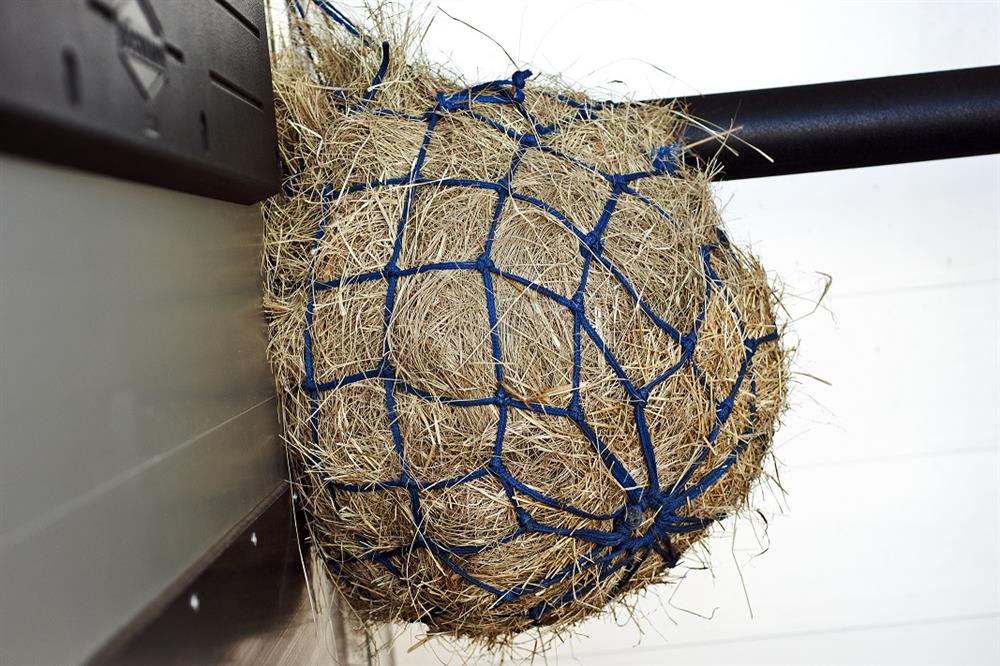
Recovery
Keep the horse’s feed and routine the same following a show, unless advised otherwise. Ensure the horse is staying hydrated and has access to forage as normal. Some owners can be tempted to reduce the horse’s calorie intake following a competition, especially if the horse is having a deserved day off, but feeds should be kept as normal to replenish nutrient reserves.

